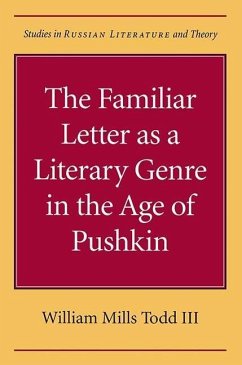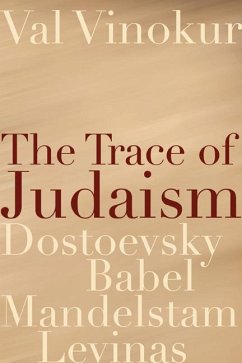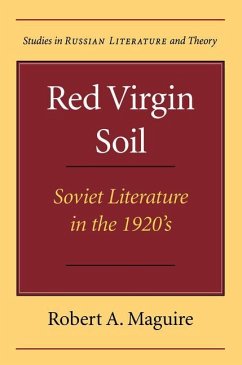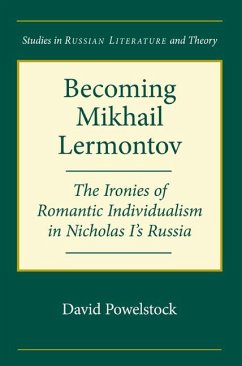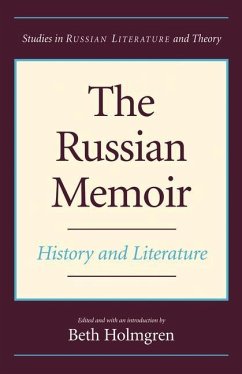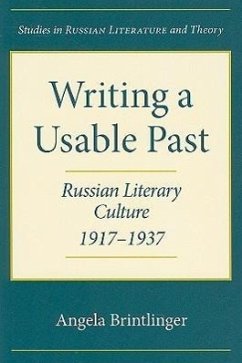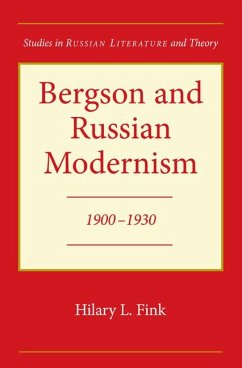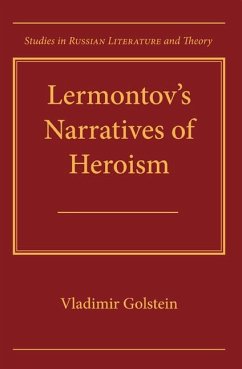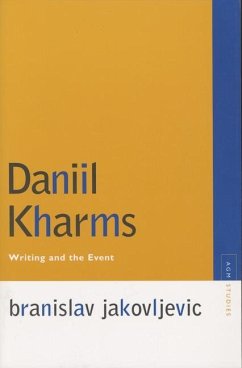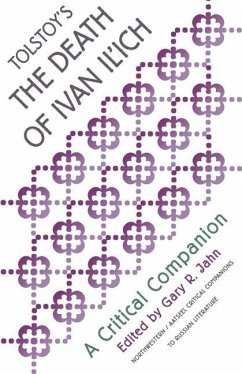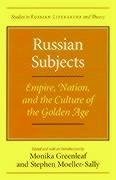
Russian Subjects: Empire, Nation, and the Culture of the Golden Age
Versandkostenfrei!
Versandfertig in über 4 Wochen
32,99 €
inkl. MwSt.

PAYBACK Punkte
16 °P sammeln!
Although Russia's major Golden Age writers -- Pushkin, Gogol, and Lermontov -- have had numerous book-length studies devoted to them by distinguished American Slavists, no Western collection of essays has examined in comprehensive yet rigorous fashion the many literary pathways by which Russians imagined and revised their modern identity as a people. In this collection of important new essays by the field's foremost scholars, poetic works by Derzhavin, Krylov, Batiushkov, Pushkin, Girboedov, Lermontov, and, in a novel interaction, Baratynsky and Russia's first woman poet, Pavlova, are resituat...
Although Russia's major Golden Age writers -- Pushkin, Gogol, and Lermontov -- have had numerous book-length studies devoted to them by distinguished American Slavists, no Western collection of essays has examined in comprehensive yet rigorous fashion the many literary pathways by which Russians imagined and revised their modern identity as a people. In this collection of important new essays by the field's foremost scholars, poetic works by Derzhavin, Krylov, Batiushkov, Pushkin, Girboedov, Lermontov, and, in a novel interaction, Baratynsky and Russia's first woman poet, Pavlova, are resituated within the force fields of contradictory cultural pressures, as are the once best-selling prose narratives of Narezhnyi, Karamzin, Bestuzhev-Marlinsky, Viazemsky, and Senkovsky, as well as Gogol and Pushkin. To Western readers long accustomed to associating Russian literary mastery with the realist or "psychological prose" tradition of Tolstoy, Dostoevsky, Turgenev, and Chekhov, it may come as a surprise that Russia has always conferred the title of Golden Age upon the era of the "two Alexanders": that is, the historic period from 1810 to 1830, when Emperor Alexander I emerged as the conqueror of Napoleon and the savior of old Europe, to the accompaniment of an efflorescence of Russian poetry incarnated above all in the mercurial figure and richly variegated oeuvre of Alexander Pushkin. Russian Subjects extends the borders of its purview back to the reign of Catherine the Great, when the myth of an internationalist, grandly imperial Golden Age and the institutions necessary to foster it were first established; and forward to the first two decades of Nicholas I's reign, when a jostlingassortment of writers and a burgeoning public press would rush to embody the new rallying cry of nation, originality, popular voice, and the changing configurations of Russian "subjectivity".



